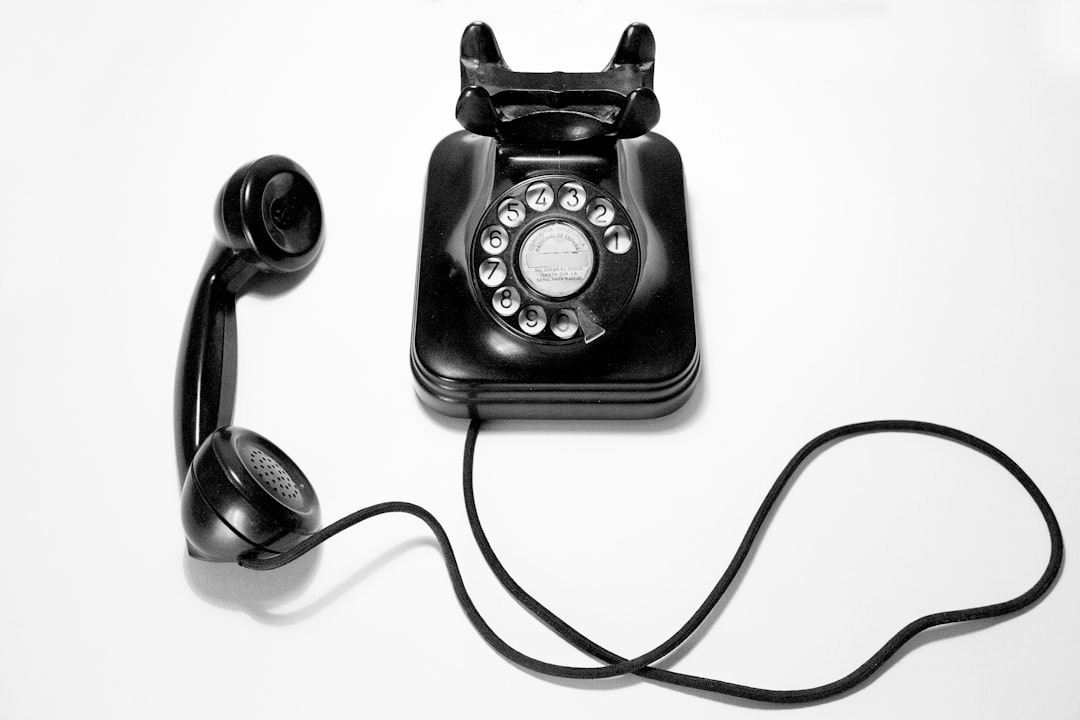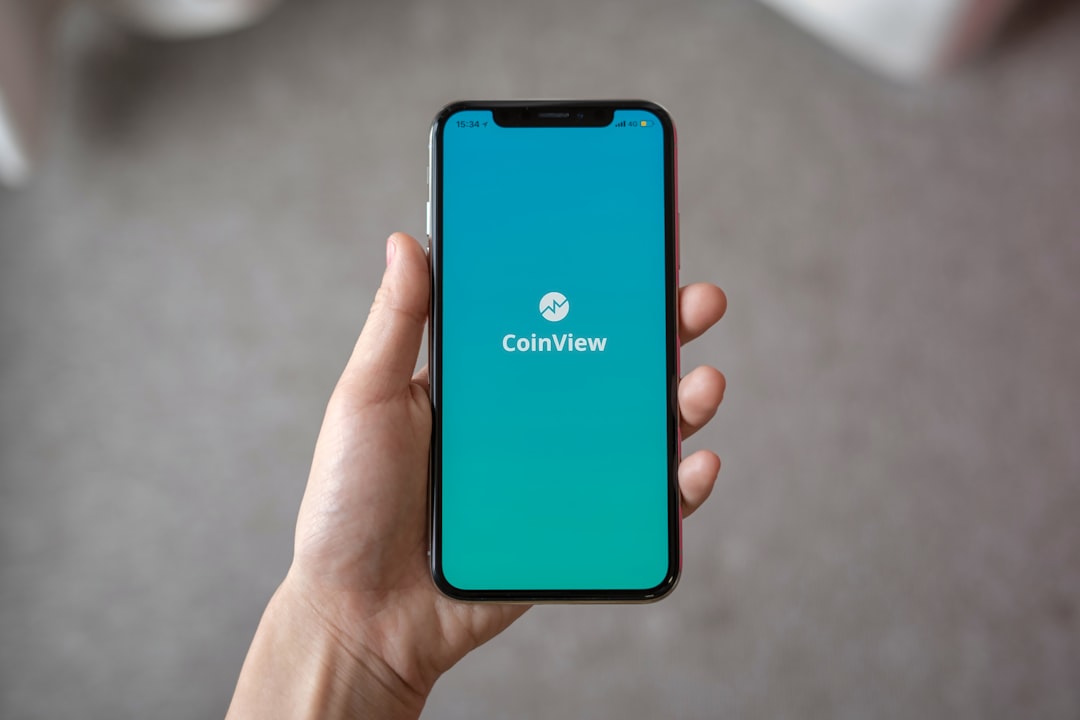Utah's Do Not Call laws protect residents from unwanted telemarketing. Consult a specialized lawyer for guidance on registration, compensation, or legal action against violators. Be wary of scam calls impersonating officials and offering too-good-to-be-true deals. Verify caller information through Caller ID to identify spoofed official numbers. Report fraudulent calls to the FTC or Utah Attorney General's Office with help from a consumer protection lawyer. Proactive measures protect against scams, ensuring privacy respect.
In Utah, understanding and adhering to local Do Not Call laws is crucial to avoid unwanted and potentially scam calls. This guide navigates the landscape of common scams targeting Utah residents, empowering you to identify suspicious calls quickly. Learn the signs, verify caller information, and know when to involve a lawyer for legal assistance. Protect yourself by implementing measures to safeguard against these nuisances and keep your personal information secure.
Understanding Utah's Do Not Call Laws
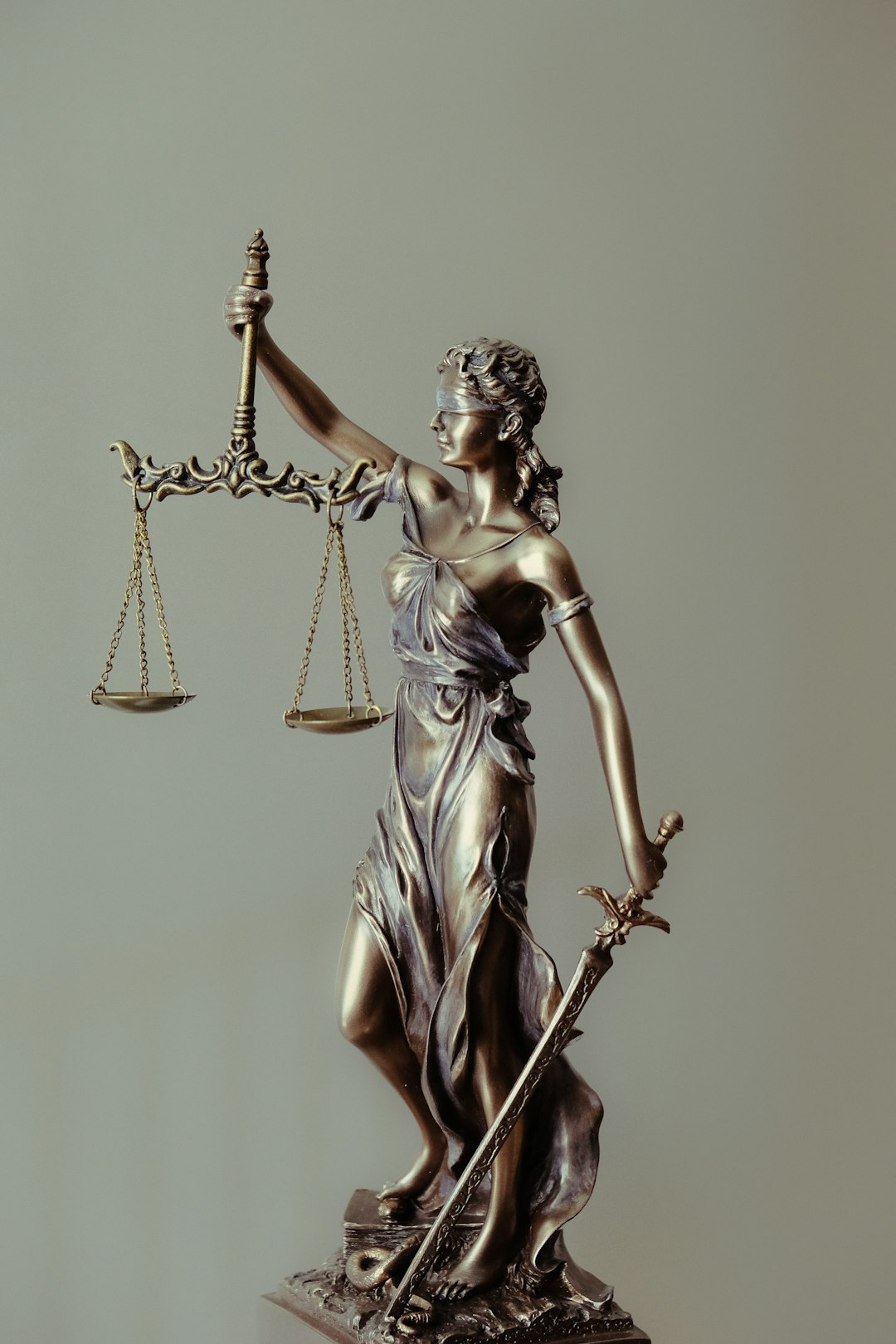
In Utah, the Do Not Call list is a powerful tool designed to protect residents from unwanted telemarketing calls. Understanding and utilizing these laws can help differentiate legitimate communication from scams. The state has strict regulations regarding commercial calls, including requirements for businesses to obtain explicit consent before contacting Utah residents. If you find yourself on the receiving end of repeated or unsolicited calls, knowing your rights is essential.
A lawyer specializing in Do Not Call Laws in Utah can provide guidance on how to navigate these regulations and take appropriate action against violators. They can help you understand your options, whether it’s registering your number on the state’s Do Not Call list, seeking compensation for harassing calls, or taking legal steps against scam artists preying on unsuspecting citizens.
Common Signs of Scam Calls in Utah
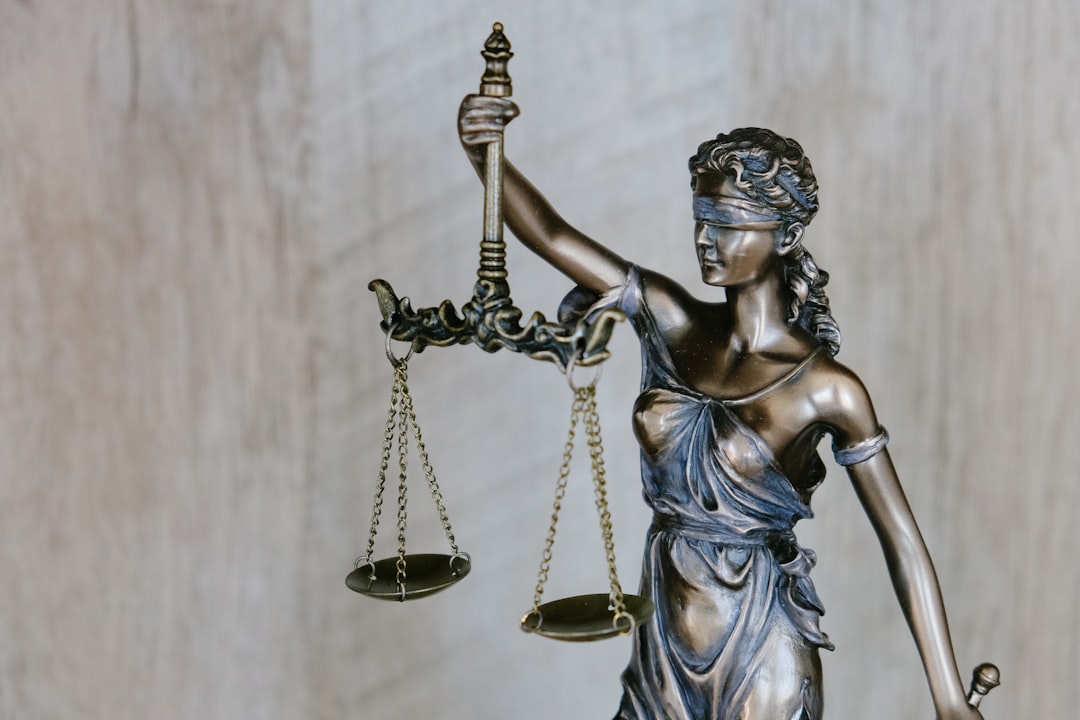
In Utah, scam calls can take various forms, often exploiting people’s trust and vulnerability. Common signs of a potential scam include unsolicited calls from unknown numbers, urgent requests for personal information, or pressure to make immediate decisions. Scammers might pose as government officials, bank representatives, or even lawyers claiming to represent Do Not Call Laws in Utah. They may threaten legal action, claim you’ve won a prize, or offer low-interest loans to lure unsuspecting individuals into providing sensitive data or sending money.
Be wary of calls that demand immediate action, offer something too good to be true, or use threatening language. If you receive such a call, hang up and verify the legitimacy independently by contacting official sources directly. Remember, reputable organizations will not ask for personal information over the phone unless you’ve initiated the contact. Always exercise caution and consider seeking legal advice from an attorney specializing in Utah’s Do Not Call Laws to understand your rights and protection against these fraudulent activities.
Verifying Caller ID and Claims

When dealing with suspected scam calls, verifying the information displayed on your Caller ID is a crucial first step. In Utah, where Do Not Call laws are in place to protect residents, it’s essential to be vigilant. If a call claims to be from a government agency or a legitimate business, but the details don’t align with known official sources, this could be a red flag. For instance, a caller claiming to be from your local utility company should be able to provide specific account information when requested.
Scammers often use manipulated or spoofed Caller IDs to make their calls look legitimate. They may claim to be from law enforcement or offer false rewards and prizes. If you receive such calls, do not share personal or financial details. Instead, contact the relevant official body directly using a verified number, like the Utah Attorney General’s office, to confirm if the call was genuine. Engaging with scammers can often lead to more trouble, so it’s best to be cautious and inform yourself about local Do Not Call Laws, including any specific rules regarding lawyer or legal firm promotions.
When to Involve a Lawyer for Help

If you suspect that a call is fraudulent and you’ve exhausted other options, it might be time to involve a lawyer for help. In Utah, understanding your rights under Do Not Call Laws is crucial, and legal assistance can ensure these rights are protected. A lawyer specializing in consumer protection or telecommunications law can guide you through the process of filing a complaint with relevant authorities, such as the Federal Trade Commission (FTC) or the Utah Attorney General’s Office.
They can also assist in taking legal action against persistent scammers, helping you seek damages and injunctive relief. While it might seem like an extreme step, involving a lawyer is often necessary when dealing with organized scamming rings that ignore removal from caller ID lists or continue to harass despite your requests. Don’t hesitate to seek professional help if you feel your rights are being infringed upon.
Protecting Yourself from Unwanted Calls
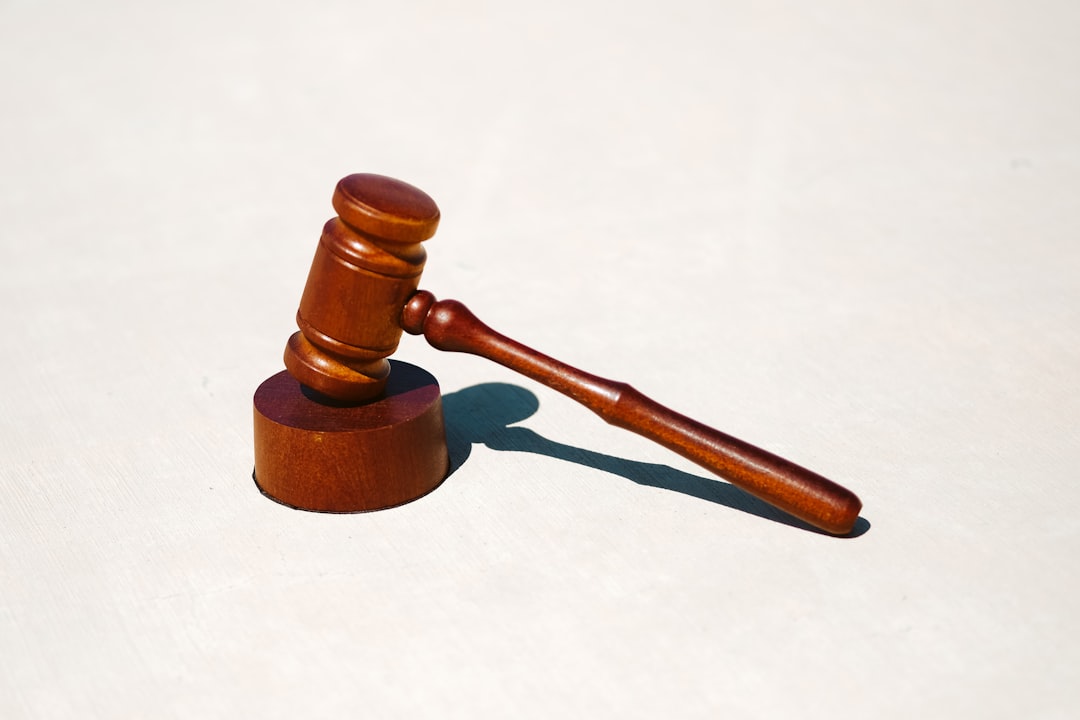
Protecting yourself from unwanted calls is an essential step in maintaining a peaceful and secure environment, especially with the prevalence of scam artists targeting unsuspecting individuals. One effective way to do this is by familiarizing yourself with your rights and resources under Utah’s Do Not Call Laws. These laws are designed to curb harassing phone calls and provide a safety net for residents.
If you’re receiving repeated or unknown calls, consider these steps: research if the caller has violated any Do Not Call Laws; consult a lawyer specializing in these laws in Utah to understand your rights and options; and report the incident to relevant authorities. By taking proactive measures, you can safeguard yourself from potential scams and ensure that your privacy is respected.
